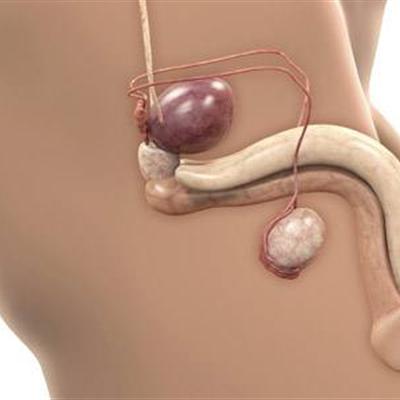Aids like symptoms?
summary
AIDS is a very harmful infectious disease, caused by HIV infection. HIV is a virus that attacks the body's immune system. It takes the most important CD4 T lymphocytes in the human immune system as the main target of attack and destroys a large number of these cells, making the human body lose its immune function. Therefore, the human body is easy to be infected with various diseases, and malignant tumors can occur, with high mortality. The average incubation period of HIV in human body is 8-9 years. Before suffering from AIDS, people can live and work for many years without any symptoms.
Aids like symptoms?
After HIV infection, the first few years to more than 10 years without any clinical manifestations. Once the development of AIDS, patients can appear a variety of clinical manifestations. Generally, the initial symptoms are the same as common cold and influenza, such as general fatigue and weakness, loss of appetite, fever, etc. with the aggravation of the disease, the symptoms increase day by day, such as Candida albicans infection in skin and mucous membrane, herpes simplex, herpes zoster, purple spot, blood blister, blood stasis spot, etc; Later, it gradually invades the internal organs and produces persistent fever of unknown origin, which can last for 3-4 months; It can also appear cough, shortness of breath, dyspnea, persistent diarrhea, bloody stool, hepatosplenomegaly, concurrent malignant tumor, etc. The clinical symptoms are complex and changeable, but not all of the above symptoms appear in every patient. Lung involvement often results in dyspnea, chest pain, cough, etc; Gastrointestinal invasion can cause persistent diarrhea, abdominal pain, emaciation and weakness; It can also invade the nervous system and cardiovascular system.

Persistent fever, weakness, night sweats, persistent extensive lymphadenopathy. Especially in the neck, axillary and inguinal lymph node enlargement is more obvious. The diameter of lymph nodes is more than 1 cm, the texture is solid, movable and painless. Weight loss can reach more than 10% within 3 months, and can be reduced by 40% at most. Long term cough, chest pain, dyspnea, and blood in sputum in severe cases. Loss of appetite, anorexia, nausea, vomiting, diarrhea, and hematochezia in severe cases. Drugs commonly used to treat digestive tract infections do not respond to the diarrhea.

Similar to AIDS is the common symptoms of influenza. Generally, the most common symptoms after a cold are fever, runny nose, sore throat, and night sweats. Therefore, AIDS patients will also have such symptoms in the early stage. Many people will mistakenly think that it is more than the initial cold, but in fact it may be AIDS, or it may be the common cold.

matters needing attention
There is no need to isolate the patients with HIV infection or acquired immunodeficiency syndrome. For asymptomatic HIV infected people, they can still maintain normal work and life. Antiviral treatment should be carried out according to the specific condition, and the changes of the disease should be closely monitored. For patients with AIDS in the early stage or who have developed into AIDS, we should pay attention to rest according to the condition, and give them a high calorie and multi vitamin diet. Those who can not eat should be given intravenous infusion to supplement nutrition. Strengthen supportive therapy, including blood transfusion and nutritional support therapy, to maintain water and electrolyte balance.











